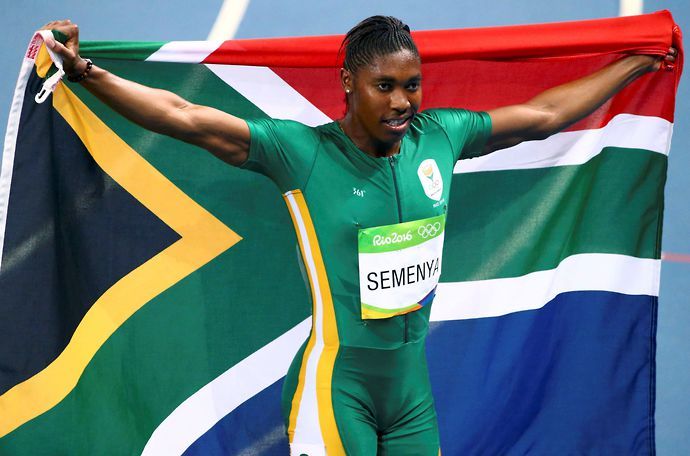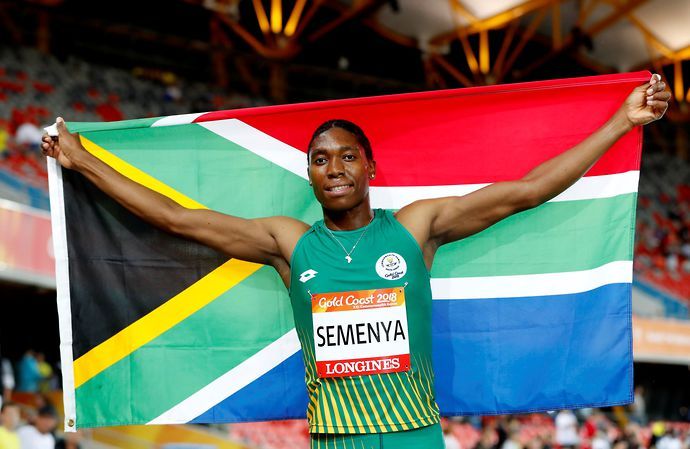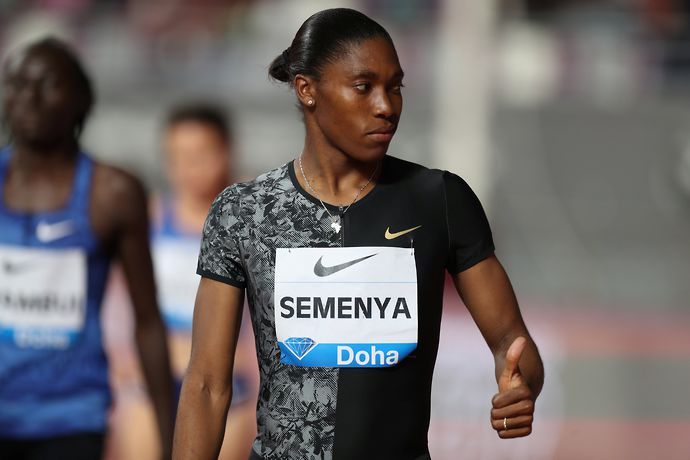Due to a World Athletics ruling, Caster Semenya is currently unable to defend her 800 metre Olympic title this summer at Tokyo 2020 unless she takes testosterone-reducing medicine.
Unilever’s beauty brand – Lux – has joined the voices calling for an overturn of the ban on the South African middle-distance runner.
The new Lux campaign, titled “Born This Way”, is part of a broader global initiative which pledges to inspire 50 million women by 2025. The initiative uses content, partnerships and activations to encourage women to rise above everyday sexist judgements.
As part of the Born This Way campaign, Lux has launched an online petition in an attempt to overturn the World Athletics ruling. This stipulates that athletes with differences in sexual development – such as Semenya – must take drugs to reduce their naturally-occurring testosterone if competing in women's events ranging from 400 metres to a mile.
Lux have also encouraged supporters of Semenya to use the hashtag #IStandWithCaster on social media.
Following the launch of the Lux campaign, GiveMeSport Women looks into Semenya’s story so far.
August 2009
An 18-year-old Semenya bursts onto the scene as she wins a 800m world title in Berlin, crossing the line in 1min 55.45sec.
World Athletics, then known as the IAAF, announces Semenya has been subject to a gender verification process. She is subsequently declared ineligible to compete for 11 months, before she is finally cleared to return to the track in 2010.
April 2011
The IAAF announces it is adopting new rules governing the eligibility of females with hyperandrogenism, such as Semenya. This introduces an upper limit for women’s testosterone levels – set at 10nmol/L.
August 2012
Despite the ruling, Semenya competes at the London 2012 Olympic Games and finishes with silver in the 800m. This is then upgraded to gold after Russian winner Mariya Savinova is found guilty of doping.
July 2015
The Court of Arbitration for Sport suspends the IAAF’s hyperandrogenism rules for two years. This ruling comes after Indian sprinter Dutee Chand appeals to the CAS after she is indefinitely suspended from athletics due to elevated testosterone levels. The IAAF were told by CAS to present better evidence that their regulations were necessary by July 2017.
August 2016
Semenya clinches her second Olympic gold medal in the 800m after triumphing at Rio 2016. In the same month, IAAF President Sebastian Coe suggests the governing body would be challenging the ruling by CAS.
April 2018
The IAAF announces new hyperandrogenism rules. Female athletes have until November 2018 to reduce and maintain their testosterone levels to no greater than 5nmol/L if they want to compete in events ranging from 400m to a mile.
May 2019
Semenya loses a challenge against the new regulations at CAS, but appeals this decision at the Swiss Supreme Court.
June and July 2019
The Swiss Supreme Court temporarily suspends the IAAF regulations, allowing Semenya to compete at a number of events in June 2019. One month later, however, the Swiss Supreme Court reverses its decision to suspend the hyperandrogenism rules.
September 2020
Semenya loses her appeal at the Swiss Supreme Court, meaning she will have to take testosterone-reducing medicine to compete in the 800m at Tokyo 2020.
February 2021
Semenya appeals her ban at the European Court of Human Rights. It is not known whether the case will be heard before the upcoming Olympic Games this summer. Semenya revealed she is aiming to contest the 5,000m in Tokyo if she cannot compete over a shorter distance.
























